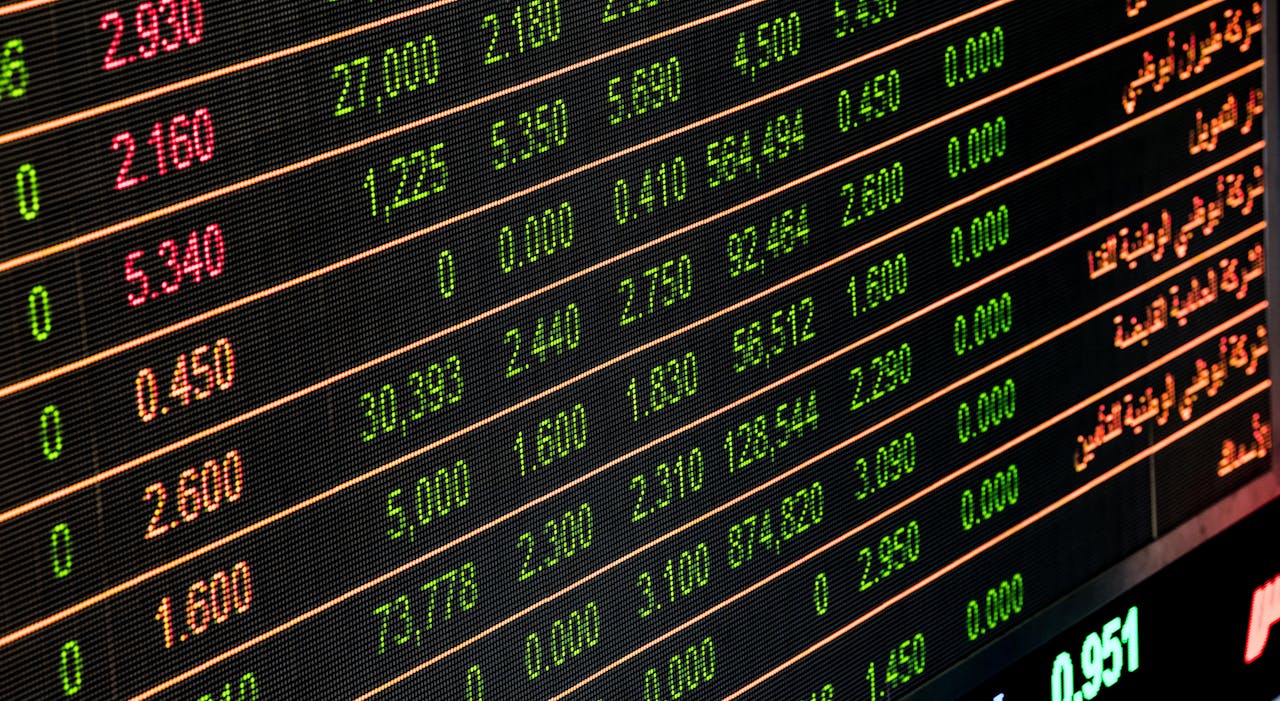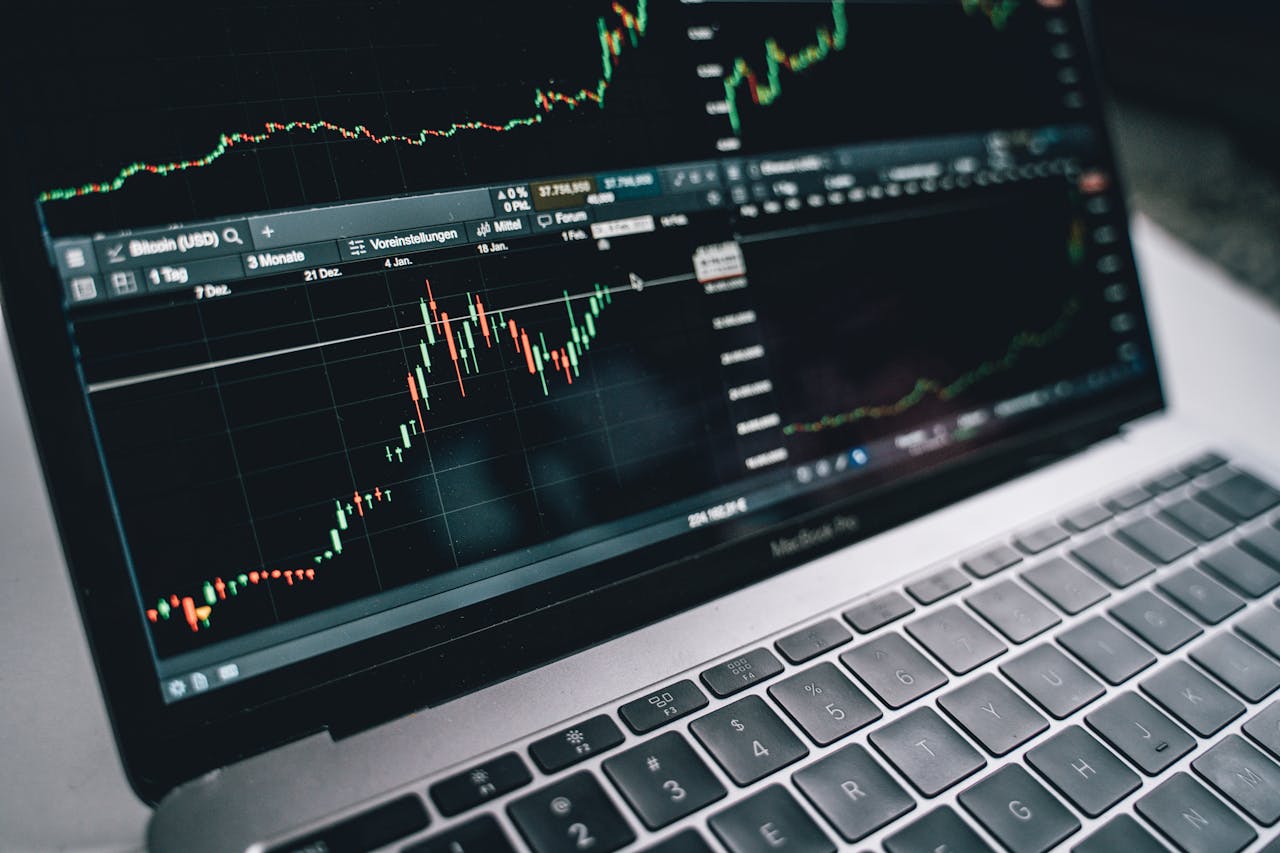Types of Funds
Mutual funds and hedge funds are actively managed, whereas index funds passively track indices like the S&P 500 or Nasdaq. According to U.S. News, index funds outperform nearly 90% of actively managed funds.
Mutual Funds: Why They Underperform
It’s well known that mutual funds lag behind the market. Forbes identified five key reasons:
- Over-diversification: Holding too many stocks makes performance mirror the index.
- High Fees (1-2.5%): Fees compound over time, magnifying underperformance.
- Cash Holdings: Cash earns no return, reducing gains.
- Herd Mentality: Managers mimic competitors.
- Excessive Trading: High turnover increases costs.
Additional Factors:
- Many funds hold 100+ stocks, making it impossible to track them effectively.
- Managers chase trends and act more like traders than long-term investors.
Hedge Funds: The Myth of Outperformance
Many assume hedge funds outperform because they cater to high-net-worth investors, but most do not. Originally designed to hedge risk by shorting stocks or using derivatives, hedge funds incur costs that often reduce returns.
Why Hedge Funds Underperform:
- Hedging Costs: Shorting stocks incurs borrowing fees, and derivatives add expenses.
- Market Timing Errors: Shorting in a rising market leads to unnecessary losses.
- Human Bias: Managers fear volatility and trade too frequently, prioritizing short-term performance over long-term gains.
- Institutional Pressure: Investors push hedge funds to avoid short-term losses, discouraging strategic, long-term positions.
Investor Psychology: Fear Over Greed
Many investors fear volatility more than they value returns, leading them to choose stability over high growth.
The Sharpe Ratio Obsession
The financial industry prioritizes the Sharpe Ratio, which measures risk-adjusted returns. Hedge funds must meet 1.5+ Sharpe Ratios to attract institutional investors—often at the expense of performance.
When I presented my own performance (which significantly outpaced the market), a Wall Street professional dismissed it because my Sharpe Ratio was too low. However:
- High returns increase volatility, which lowers the Sharpe Ratio, even when performance is excellent.
- Funds that outperform the index often have worse Sharpe Ratios than underperforming ones.
- Many hedge funds sacrifice gains to meet arbitrary Sharpe Ratio targets, prioritizing institutional demand over investor profits.
Hedge Funds: A Costly Middle Ground
Hedge funds need massive assets under management to stay profitable—$300M AUM just to break even, according to Citi. Since institutional investors demand low volatility, hedge funds comply—at the cost of high returns.
As an asset class, most hedge funds fall between stocks and fixed income, offering neither the growth of equities nor the stability of bonds—yet charging hefty fees.
Final Thoughts
If investors focused less on Sharpe Ratios and more on absolute returns, they might avoid underwhelming hedge funds and see significantly better performance.



